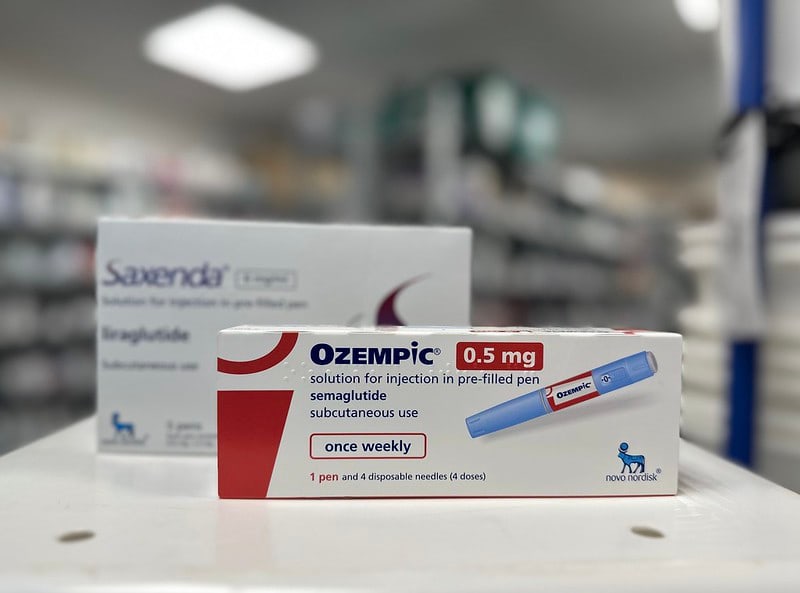
FAQ: OZEMPIC AND OTHER WEIGHT LOSS DRUGS
Know something more about weight loss drugs?
As Ozempic, Wegovy, Zepbound, and similar drugs rise in popularity, many women have questions about how they work and how effective they really are. We set out to find some answers.
Q: How do these drugs work?
A: The most popular weight loss drugs are different names for GLP-1 or semaglutide. Originally developed for diabetics, semaglutide slows down the digestive process so food stays in your stomach longer, making you feel less hungry. They also mimic a hormone that communicates fullness to the brain. Patients have described it as shutting off the “little voice” in their minds that obsesses over food.
Q: Are they FDA approved?
A: Yes. The FDA has approved some weight loss drugs as a way of preventing heart attacks and strokes, with Wegovy most recently gaining approval.
Q: How do I take them?
A: The most common way is by weekly injection, although some are also available in pill form.
Q: How much weight will I lose?
A: Results vary, but most patients report losing 5-10% of their body weight.
Q: What are the health benefits?
A: Sustained weight loss can reduce the risk of cardiovascular disease, lower blood pressure, and increase energy and mobility.
Q: How long do I need to keep taking the drug to maintain the results?
A: Most patients who go off the drugs report gaining back some or all their previous weight. This has led many clinicians to think of the drugs as long-term, similar in that way to statin drugs for reducing and then maintaining healthy cholesterol levels.
Q: Are there side effects?
A: Because these drugs are new, the long-term side effects are not fully known. In the short term, patients starting the drug may experience gastrointestinal side effects like nausea, diarrhea, and vomiting. Some patients have experienced such an extreme loss of appetite that they become malnourished. Rare side effects include retinopathy (damage to blood vessels in the eyes, which can result in vision loss or blindness) and pancreatitis.
Q: How much do they cost?
A: These drugs are new, not available in generic form, and thus are still very expensive, up to $15,000 a year.
Q: Are they covered by insurance?
A: In some cases, yes. Coverage varies depending on insurance carrier, policy type, and medical reasons for taking the drug. Doctors are more likely to prescribe weight loss drugs to people whose Body Mass Index (BMI) is over 30, or over 27 with other health complications. The best bet is to ask your doctor and insurance carrier.
Q: Are there other factors I should be considering?
A: If you are considering going on a long-term weight loss drug, you may want to ask yourself several questions. Is your weight impacting your current health? Can you achieve long-term results through lifestyle, diet, and exercise changes alone? Does either self-consciousness about your weight or thinking about food affect your day-to-day life? Are you willing to risk possible short-term or long-term side effects? In the end, no one can make the decision for you. It’s up to every woman to choose her priorities around her weight and her body.
Image care of Flickr user Chemist4U.